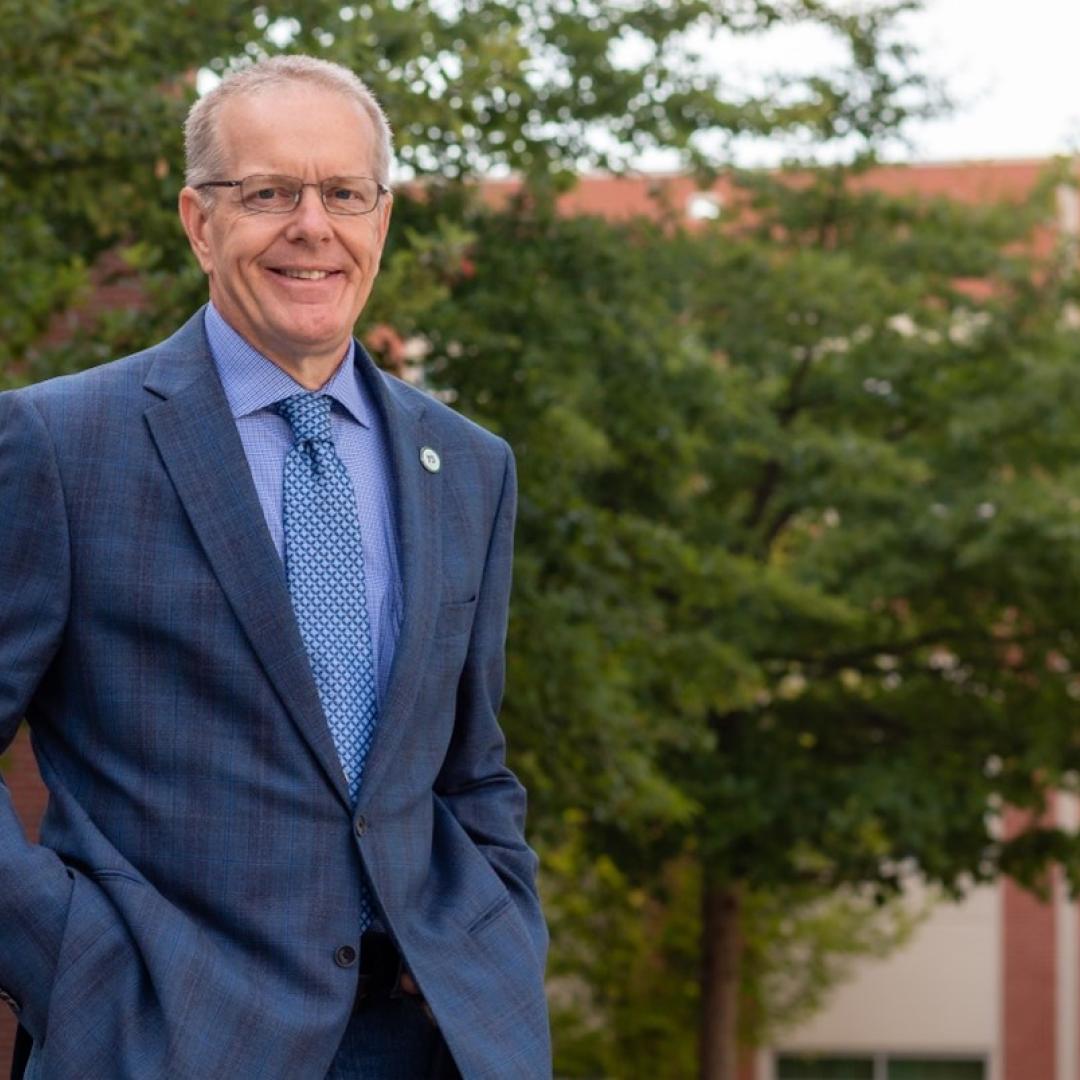
Filter News
Area of Research
News Type
News Topics
- (-) Biomedical (8)
- (-) Neutron Science (8)
- (-) Nuclear Energy (15)
- 3-D Printing/Advanced Manufacturing (12)
- Advanced Reactors (2)
- Artificial Intelligence (4)
- Big Data (6)
- Bioenergy (17)
- Biology (21)
- Biotechnology (4)
- Buildings (9)
- Chemical Sciences (9)
- Clean Water (6)
- Climate Change (15)
- Composites (2)
- Computer Science (13)
- Coronavirus (6)
- Critical Materials (1)
- Cybersecurity (6)
- Decarbonization (15)
- Energy Storage (14)
- Environment (37)
- Exascale Computing (3)
- Frontier (3)
- Fusion (7)
- Grid (7)
- High-Performance Computing (9)
- Hydropower (2)
- Isotopes (10)
- ITER (1)
- Machine Learning (5)
- Materials (7)
- Materials Science (12)
- Mathematics (4)
- Mercury (4)
- Microscopy (9)
- Nanotechnology (6)
- National Security (15)
- Net Zero (2)
- Physics (16)
- Polymers (5)
- Quantum Computing (1)
- Quantum Science (2)
- Security (6)
- Simulation (4)
- Summit (2)
- Sustainable Energy (13)
- Transportation (12)
Media Contacts
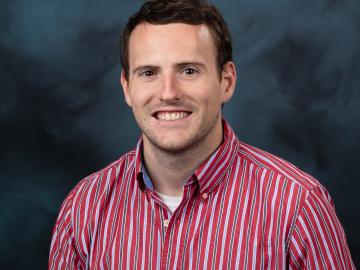
Andrew Conant from ORNL's nuclear nonproliferation division is collaborating with national laboratories to analyze isotopes generated in nuclear reactors. This research aims to glean insights into the operations and objectives of these reactors. ORNL, renowned for its leadership in nuclear research, maintains its legacy by promoting the peaceful utilization of nuclear energy worldwide.
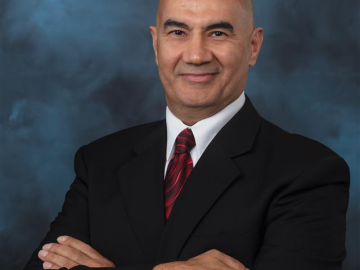
Mohamad Zineddin hopes to establish an interdisciplinary center of excellence for nuclear security at ORNL, combining critical infrastructure assessment and protection, risk mitigation, leadership in nuclear security, education and training, nuclear security culture and resilience strategies and techniques.
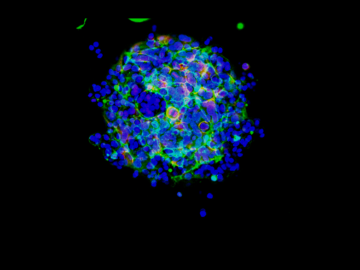
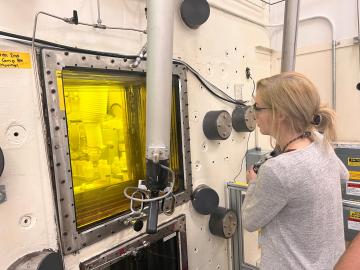
Raina Setzer knows the work she does matters. That’s because she’s already seen it from the other side. Setzer, a radiochemical processing technician in Oak Ridge National Laboratory’s Isotope Processing and Manufacturing Division, joined the lab in June 2023.
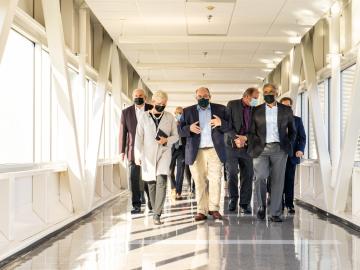
Ken Herwig's scientific drive crystallized in his youth when he solved a tough algebra word problem in his head while tossing newspapers from his bicycle. He said the joy he felt in that moment as a teenager fueled his determination to conquer mathematical mysteries. And he did.
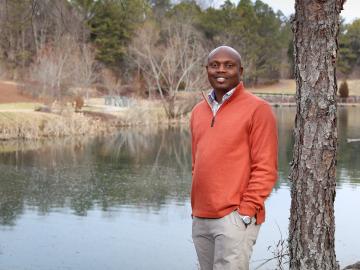
Stephen Dahunsi’s desire to see more countries safely deploy nuclear energy is personal. Growing up in Nigeria, he routinely witnessed prolonged electricity blackouts as a result of unreliable energy supplies. It’s a problem he hopes future generations won’t have to experience.
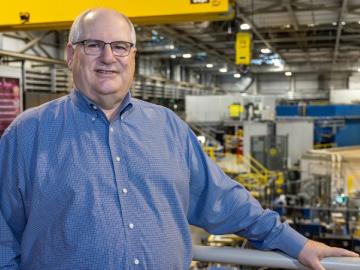
The truth is neutron scattering is not important, according to Steve Nagler. The knowledge gained from using it is what’s important
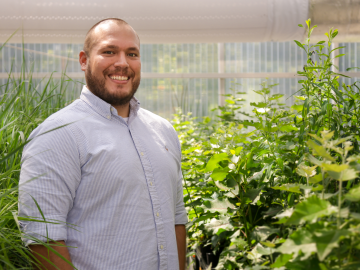
Tomás Rush began studying the mysteries of fungi in fifth grade and spent his college intern days tromping through forests, swamps and agricultural lands searching for signs of fungal plant pathogens causing disease on host plants.
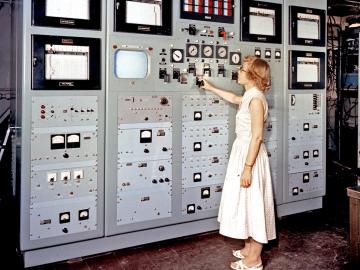
Oak Ridge National Laboratory physicist Elizabeth “Libby” Johnson (1921-1996), one of the world’s first nuclear reactor operators, standardized the field of criticality safety with peers from ORNL and Los Alamos National Laboratory.
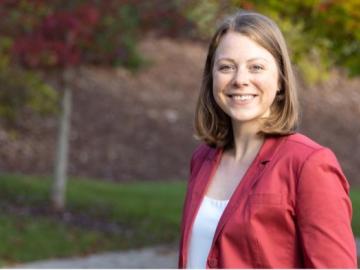
Friederike (Rike) Bostelmann, who began her career in Germany, chose to come to ORNL to become part of the Lab’s efforts to shape the future of nuclear energy.


